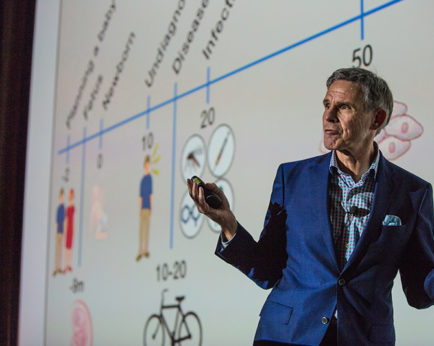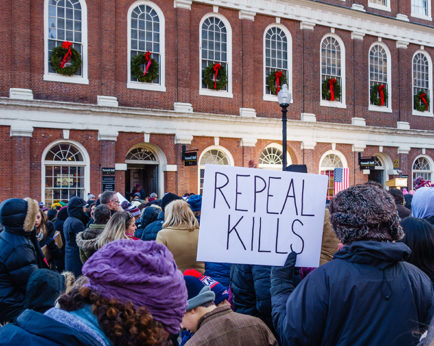For decades, insurance companies have been pricing policies based on the belief that adverse selection comes into play among their customers. Adverse selection is what happens when the people who need protection most — those, for example, with the greatest health problems or worst driving records — buy lots of coverage. But Michael Keane, professor of economics at the W. P. Carey School of Business, says there are no empirical data proving adverse selection. In fact, insurance companies often benefit from "advantageous selection," because the people who are the best risks also are their best customers. In reality, those who need lots of coverage often do not buy it — usually because they don’t understand the offerings. Policy makers and political leaders who are trying to reform healthcare should take note, Keane says.







